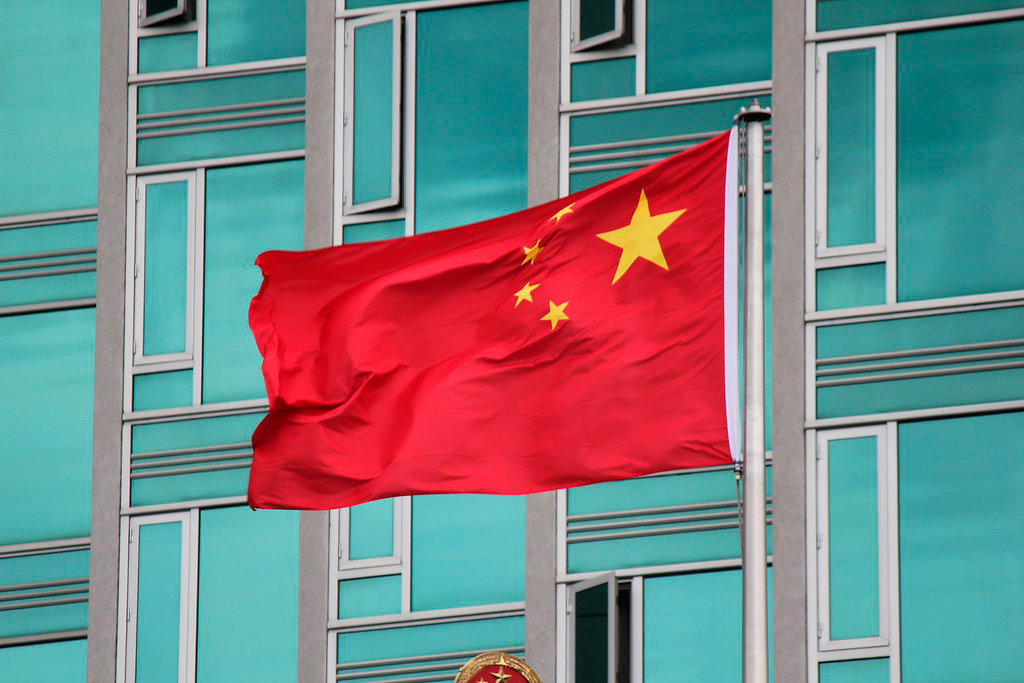In recent times, the global stage has borne witness to a disconcerting surge in disinformation campaigns masterminded by Beijing-backed agents. These orchestrated campaigns involve the dissemination of fabricated or deceptive content through counterfeit social media profiles, showcasing a discernible uptick in their tactical sophistication.
Furthermore, these campaigns have expanded their purview, reaching out to new platforms and languages, all while exerting a concerted endeavor to disrupt open discourse within democratic nations. The imperative for augmented resources and counterstrategies to confront China’s disinformation maneuvers has never been more palpable.
The revelations disclosed by Meta (formerly known as Facebook) in August were particularly illuminating. They unveiled the dismantling of myriad accounts and pages linked to what they characterized as the “most extensive known clandestine operation spanning multiple platforms worldwide.” These covert activities were attributed to geographically dispersed operatives within China. While this revelation commanded international attention, it constitutes just one facet of a broader trajectory that has been under observation by cybersecurity entities, think tanks, and media outlets since June.
Actors affiliated with Beijing consistently engage in surreptitious disinformation schemes, dynamically adapting and refining their methodologies to maintain their efficacy.
A notable facet of this evolution lies in the expansion to fresh platforms, target demographics, and linguistic domains. Initially, these campaigns primarily focused on English and Chinese-speaking audiences, primarily on major platforms like Twitter, Facebook, and YouTube. However, recent reports unveil a more extensive reach, encompassing lesser-known platforms such as TikTok, Reddit, Pinterest, and Medium, as well as localized online forums in Asia and Africa.
This diversification may be a strategic response to heightened monitoring and content removal efforts by larger technology conglomerates. Microsoft’s report in September further underscores this trend by unearthing a plethora of influence operations, featuring counterfeit accounts and stateaffiliated influencers operating across diverse platforms in multiple languages. This expansion into new linguistic spheres and platforms, such as Vimeo, Tumblr, and Quora, underscores the adaptability and global span of these actors.
Another pivotal shift involves the incorporation of more intricate tactics aimed at enhancing user engagement and evading detection. Some campaigns have incorporated generative artificial intelligence tools to craft images and memes. Despite noticeable imperfections in these AI-generated visuals, they have managed to gain traction among authentic users. Additionally, these agents have adeptly harnessed popular hashtags related to current events and deployed stratagems such as first-person comments, further blurring the demarcation between genuine and contrived content.
Furthermore, these operatives have become adept at laundering content and narratives, rendering the task of tracing the origins of disinformation arduous.Proxy entities and accounts across multiple platforms are leveraged to endorse content, bolstering its credibility and masking its provenance. For instance, a sprawling 66-page “research report” alleging that the U.S. government concealed the origins of COVID-19 underwent a convoluted chain of dissemination, involving various platforms and accounts.
These disinformation campaigns have shifted their focus beyond mere pro-Chinese Communist Party (CCP) propaganda and now seek to amplify discord on pivotal political and societal issues. Their targets encompass journalists, political pundits, dissenters, and elected officials, with the intention to either harass or discredit them. Think tanks and non-governmental organizations delving into CCP activities have also been subject to harassment and threats. These campaigns aim to amplify public disenchantment across a spectrum of issues, from domestic social concerns to political imbroglios.
While these campaigns have grown increasingly sophisticated, they haveconcurrently become more susceptible to exposure and resistance. Investigations have enabled observers to trace and attribute specific campaigns to Beijing, making the Chinese government’s involvement in these machinations increasingly apparent. Nevertheless, there is no indication that Beijing intends to curtail its manipulative endeavors. Instead, it is likely preparing for more assertive undertakings, particularly concerning the 2024 U.S. presidential elections and the Taiwan issue.
In response to these challenges, democracies have displayed their mettle through transparency reports, governmental oversight, and inquiries conducted by cybersecurity entities. These endeavors have cast light on the scope of the predicament and have facilitated actions against disinformation campaigns. Nonetheless, vulnerabilities remain to be addressed, including inconsistencies in monitoring and content removal across platforms, especially on emerging and niche services. Some tech companies have been sluggish in responding to these threats, underscoring the pressing need for public pressure and incentive structures to compel all technology firms to take the menace of disinformation, emanating from Beijing and elsewhere, more seriously.
In conclusion, the unfolding disinformation campaigns associated with Beijing constitute a significant and escalating concern for democracies worldwide. Their expansion into novel platforms and linguistic domains, utilization of more advanced stratagems, and endeavors to disrupt public discourse underscore the necessity for augmented resources and counterstrategies to counter these operations.
Policymakers, tech giants, civil society researchers, and the general public must collaborate to safeguard the integrity of online communication and democratic processes in the face of this dynamic threat. By acknowledging the ever-evolving nature of disinformation and adopting proactive measures, democracies can fortify their societies against the pernicious effects of targeted disinformation campaigns.

